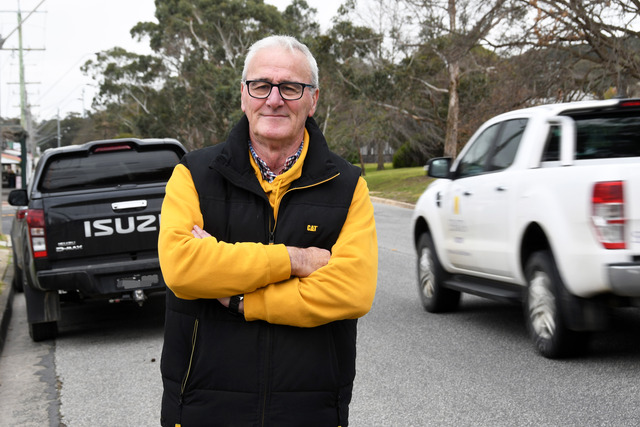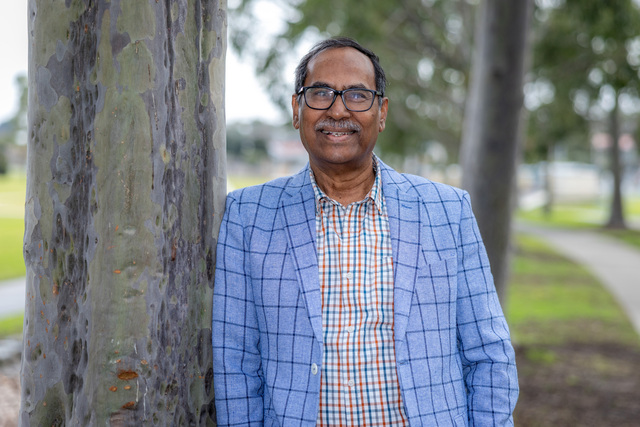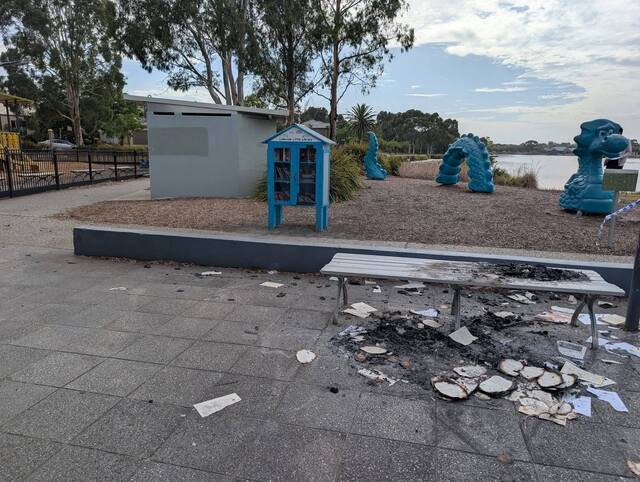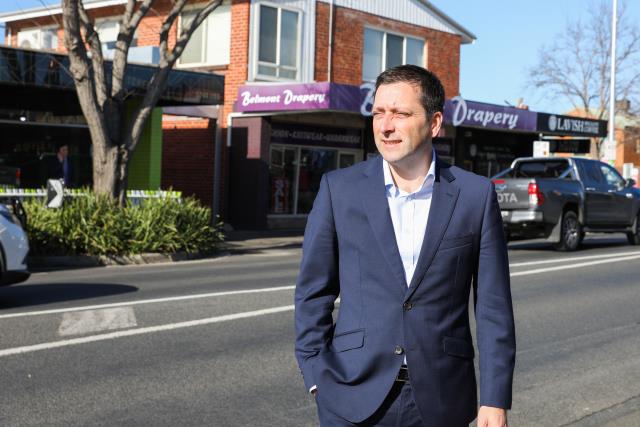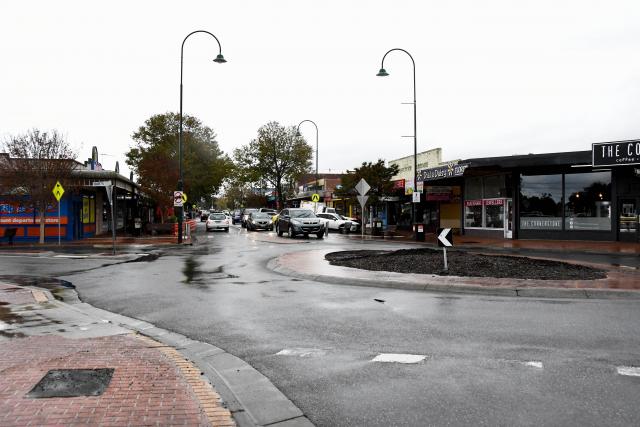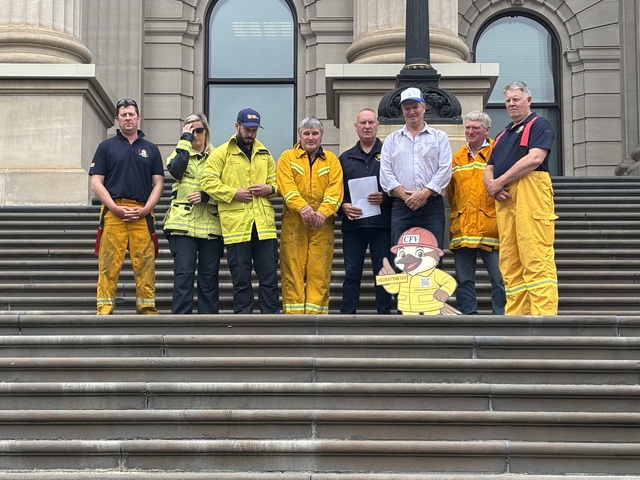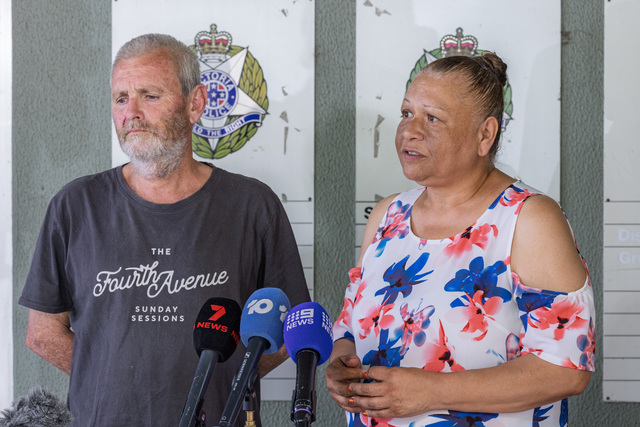In the midst of renewed calls for stricter rules on older drivers following a fatal crash involving a 91-year-old in Wantirna South, local road safety experts warn this narrow focus overlooks a far broader and more dangerous systemic failure affecting drivers of all ages.
Mark Cantwell, a retired RACV instructor who assessed elderly and impaired drivers with occupational therapists, says unsafe driving spans generations.
When running programs, he found that drivers of all experience levels routinely struggled with basic road rules.
“When I put basic road rules on a whiteboard, I get more than 20 different answers about who should go first and who should give way,” he said.
“It’s scary being out there on the road, thinking, if they don’t know what they’re doing, what hope is there for the rest of us?”
Concerns go beyond local drivers, with international drivers also coming under scrutiny.
“I spoke to one man whose sister was worried about his driving—he had a full Bangladeshi licence,” Cantwell said.
“I said, ’I’ll see how you go and give you a few tips.’ Then he asked me, ’Which one’s the accelerator?’
“I asked, ’So how did you get your licence?’ and he said, ‘Well, I bought it.’ He didn’t say it was a one-off, and sadly, it wasn’t. These are just some of the ongoing issues we’re dealing with.“
Pakenham’s driving instructor Rabby Lutfur, who comes from a Bangladeshi background, confirmed these concerns firsthand.
“They follow the road rules in their country which are very dangerous. Most of them got their D/L from the authority with an underhanded transaction and a bribe. We need to research on the above issues to reduce road accidents in Australia,” he said.
Cantwell highlighted the lack of any mandatory, routine driver retesting or refresher training after the initial licence is issued.
“We don’t have any mandatory review testing in this state at all. The only reason we test these drivers is because they’ve been reported by a doctor, a neighbour, or a family member,” he said.
“I don’t think anyone ever gets tested again after they first get their licence. So, there’s a massive gap here.
When he reflects on past generations of drivers, Cantwell believes many never properly learned the road rules to begin with.
“They got their licence by taking a local policeman for a quick drive. There was no formal training back then. That definitely shows up when they come to us later in life.”
He is concerned that the recent fatal crash might lead the public to judge driving ability based on age alone, putting capable older drivers at risk of unfair restrictions
“The worst person we ever tested was 62, and we still had someone driving at 80 who was fairly competent,” Cantwell said.
“There’s some really healthy 75-year-olds out there, and there’s some who shouldn’t go anywhere near a car.
“As a general rule, once you get to 80, then things don’t generally work so well — peripheral vision, reflexes, the ability to multi-factor, multitasking, etc.”
Cantwell observed many older drivers are physically compromised due to age-related decline, often worsened by medications that affect awareness.
He warns that medical professionals should be held accountable for routinely giving older drivers the green light without truly assessing their driving ability.
“The real problem is that we’re an aging society, which means people are driving later in life than ever before, staying on the roads well into old age,” Cantwell said.
“I lost count of how many times someone would turn up and very proudly tell me their doctor had said they were healthy.
“Then they go out on a drive and nearly kill me on a number of occasions. My point is, doctors don’t go driving with them. They just test their eyesight, blood pressure, and a few other goodies, then say, ‘you’re okay to go.’“
Experts say families should also take responsibility, as they are often the first to notice red flags but rarely step in.
“There would be family and friends who know they shouldn’t be driving. But they don’t want to upset them or take away their independence. Unless someone steps in and does something, nothing will change.”
Additionally, the Department of Transport and Planning (DTP) is partnering with Monash University to undertake a review of current evidence on the effectiveness of mandatory reporting and assessment approaches. They will also review evidence of other interventions that may be effective.
According to DTP every Victorian driver, regardless of age, must report any long-term illnesses or disabilities that may affect their ability to drive safely.
Victoria’s licensing system is based on national Assessing Fitness to Drive (AFTD) guidelines, which recognises that illness, injury, and disability can impact driving ability at any age. These guidelines directly address age-related physical and cognitive changes that may affect driving.
DTP reassured the public that they regularly review road crash statistics, research, and its licensing policy in the area of fitness to drive.
Vic Roads declined to comment, stating that DTP was responsible for this matter.


